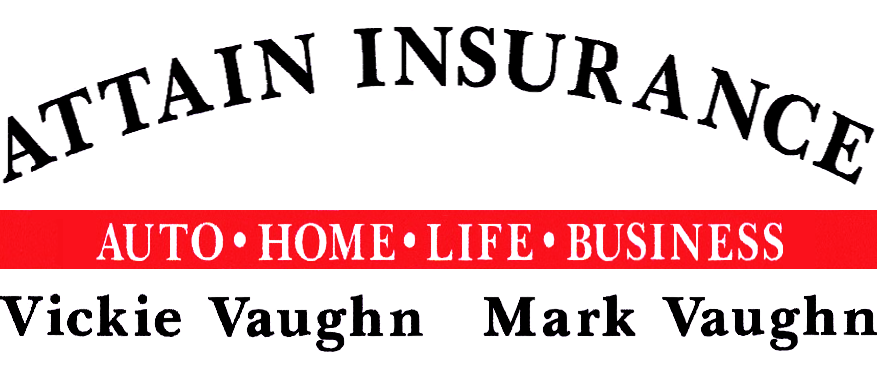You’ve gotten an RV! How cool is that? It’s a vehicle, it’s a home, it’s fun and travels all wrapped into one. It could be
How RV insurance is different than auto insurance and how to look at the best approaches to buy.
First, you need to determine what kind of RV you have. Some come with engines, and some do not. There are many kinds including:
- Class A
- Class B
- Van campers
- Class C
- Pop-Ups
- Park Models
- Travel Trailers
- Fifth Wheels
- Horse/Livestock
- Fish Houses
- Toy Haulers
- Truck Camper
RV insurance covers many of the similar risks that auto insurance does, including collision, comprehensive and liability coverage. With all the additions to RVs, it’s less about being the woods with a rudimentary unit, currently, glamping is all the rage and some RVs are as fancy as top of the line 5 star hotels. You can also get additional protection for your personal belongings on board, equipment and attached accessories such as awnings and satellite dishes
Depending on the insurance company you choose, your additional coverage options may include:
- Total loss replacement coverage
- Campsite and vacation coverage
- Emergency expenses
- Towing and roadside assistance
- Full-timer coverage if your RV is your full-time residence
- Uninsured and underinsured motorists coverage
It seems there are so many factors, that you can get dizzy thinking up all the possibilities and scenarios. However, after determining how you will use your RV and what kinds of things are part of your RV lifestyle your insurance agent can breeze through the possibilities that are unique to you.

 Email an Agent
Email an Agent
 Click to Call
Click to Call Get Directions
Get Directions